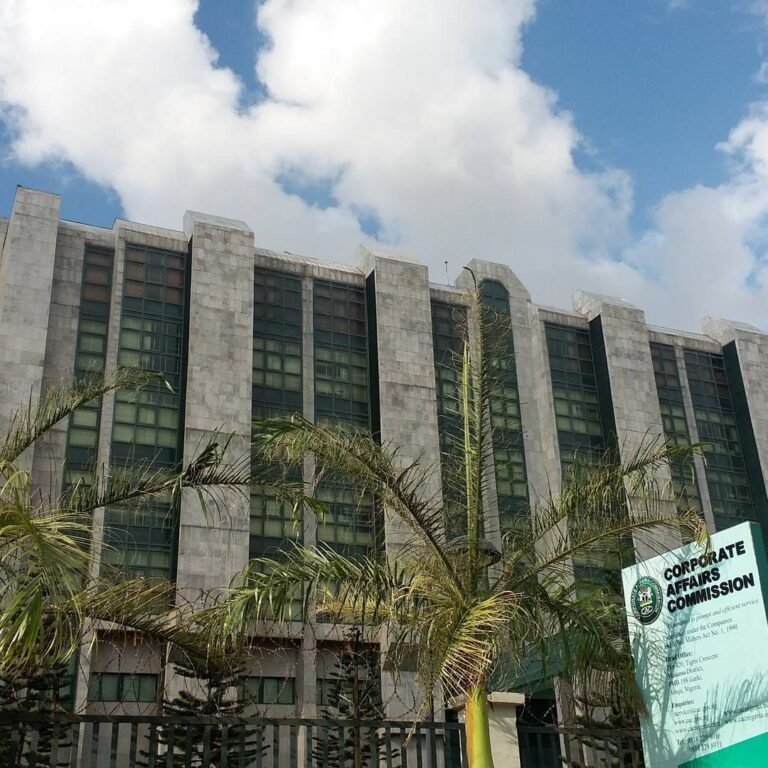Dear Advocate of Reasoning,
Welcome to this edition of our Voice of Reasoning. It has been a while and we are excited to share with you our latest published pieces that tackle pressing economic issues in the country.
In this first article, “Price Regulation Is a Good Intention That Kills the Economy”, our writer explored the unintended consequences of price regulation. While aimed at protecting consumers, price controls often lead to shortages, black markets, and stifle innovation. Our findings revealed that free market is a better regulator of prices, as it allows for competition and innovation to drive down costs. Price control cannot cure inflation, and lack of it is not the reason for inflation.
The piece proposes the government fight insecurity as years of Boko Haram insurgency, banditry, and farmer-herder clashes, among others have undeniably hampered food production in Nigeria, subsequently causing food scarcity in the country. Every time a hamlet is razed by bandits, displacing farmers in the process, or a farmer-herder crisis destroys farms, the country moves closer to the food price inflation it currently suffers.
You can further read more on the piece here.
Capitalism in the Aviation Sector
On the other hand, our second article, titled “To Reduce Airfare, Nigeria Wants More Competition in the Aviation Sector”, shows Nigeria’s efforts to increase competition in the aviation industry to reduce airfare. By opening up the market to more players, the government hopes to drive down prices and make air travel more accessible to Nigerians.
Prior to the development, airlines like British Airways had its economy ticket to be N3 million and its business class to be N11 million. And now, the airfare currently stands at N1.7 million for economy tickets and N6.8 million for business class. The same story for Virgin Atlantic, Ethiopian Airlines and others. However, Nigeria’s Air Peace opening new price pulled many customers that the foreign airlines realised it was high time they danced to the new reality or got beaten out of the market.
Read more on the piece here, too.
The two articles may seem unrelated at first glance, but they share a common thread – the importance of competition in driving economic growth. Whether it is price regulation or industry competition, our analyses show that government intervention can often do more harm than good and competitive markets make goods quality and more affordable.
We believe that the free market is a powerful tool for economic development, and that governments should strive to create an environment that fosters competition and innovation.
Thank you and we hope you had reason with us on this! Don’t forget to follow our X platform to always catch up on our pro-freedom journalism.













